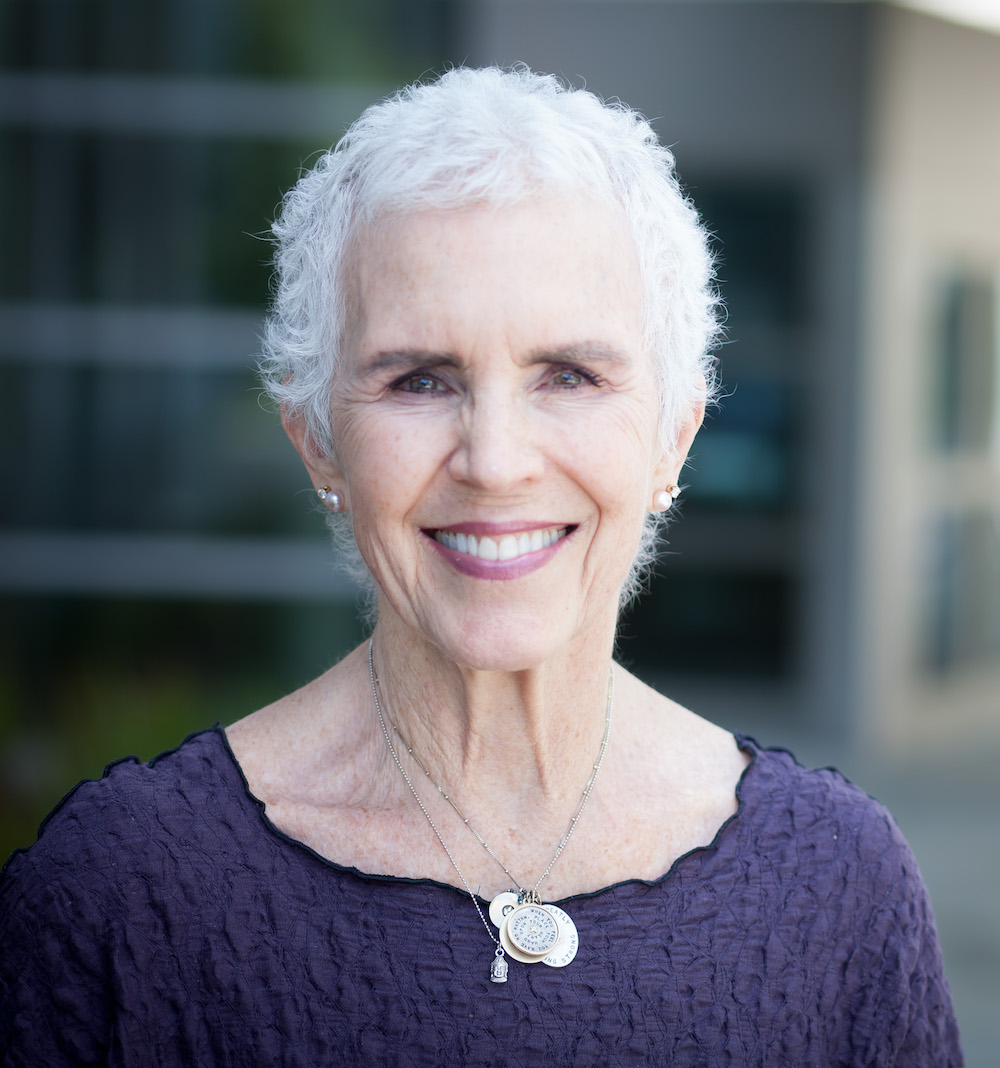What is the Rivkin EDU Program?
Fun, frank cancer education without fear.
Our educational outreach program, Rivkin EDU, is all about prevention and early detection. Our mission is to educate all individuals in our community on ovarian and breast health.
Through our science-based curriculum — taught by a health instructor and an ovarian/breast cancer survivor — women will know their bodies better and have the tools to be powerful advocates for their health.
We empower individuals with the knowledge and tools for early detection, prevention, and self-advocacy so they can be proactive about their health.
Get to know us

Rivkin EDU Instructor
‘”This education is important because although we live in a gendered society- we are often unaware of our own body parts. It’s refreshing to feel not only aware but empowered and advocating on behalf of them.”
“Underrepresented communities like the LGBTQ community need more specific health education that will help them feel empowered about their bodies. They also need a safe place to talk about these issues and the intersection of their body, health and general well-being.”
Ready to host a party? It’s free. It’s easy.

